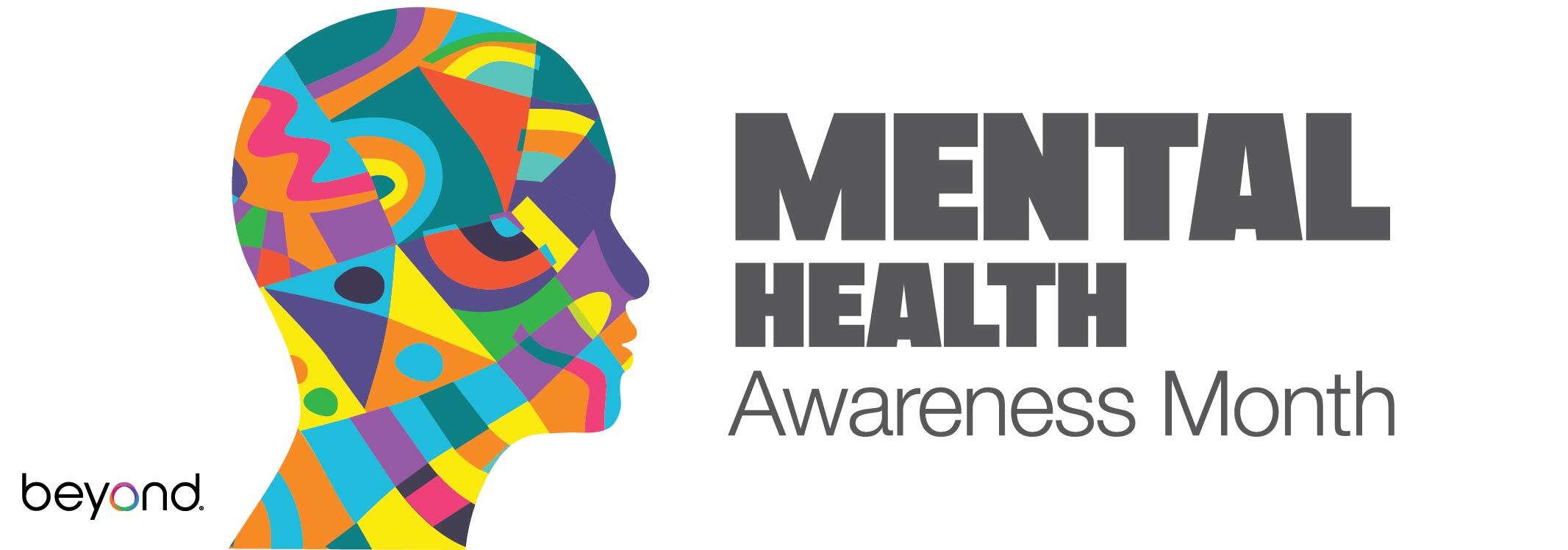In today’s fast-paced world, there are no conversations about “the human side of money.” Economics and personal finance often revolve around numbers, investments, and strategies. However, amidst the charts and figures, we must not overlook financial decisions’ profound emotional impact on individuals. Finance is not just about dollars and cents; it’s about people – us – and our emotions, aspirations, and mental well-being.
Financial stress is a silent but significant burden that millions of us carry daily. It infiltrates our thoughts, disturbs our sleep, and weighs heavily on our mental health. According to the American Psychological Association (APA), money consistently ranks as one of the top stressors for Americans, with 72% of adults reporting feeling stressed about money at least some of the time (APA). This stress can lead to anxiety, depression, and even physical health issues.

As founder of the Financial Therapy Clinical Institute (FTCI) and a lead Financial Therapist at Beyond Finance, I have seen the importance of integrating emotional intelligence into financial planning. This is what I’ve called “the human side of money.” Recognizing and managing the emotions attached to money is crucial for stabilizing our financial wellness.
Divorce rates further underscore the intricate link between financial stress and mental health. Recent data from the Centers for Disease Control and Prevention (CDC) highlights that nearly 39% of marriages end in divorce, with the financial strain being a significant contributing factor (CDC).
The dissolution of a marriage not only exacerbates emotional and financial stress but also significantly impacts mental health, often leading to increased levels of depression and anxiety among those affected (Mental Health America) (APA).
Money is not just about numbers; it’s about the emotions attached to it. Recognizing and managing these emotions is key to achieving financial well-being. By incorporating emotional evidence into financial action and decision-making, we can navigate uncertainties with greater confidence and clarity.”
Nathan Astle, CFT-I, FTCI Founder and Client Therapist for Beyond Finance
Exploring the Human Side of Money

A holistic approach to money and mental health should be grounded in emotional evidence. Consider the emotional cues and behaviors that influence our financial decisions. Understanding these emotional drivers is crucial for making informed choices and avoiding impulsive actions driven by fear or anxiety. Financial decisions are rarely just logical. They are deeply emotional and tied to our sense of security, identity, and future aspirations.
Beyond Finance recognizes the intimate connection between financial health and mental well-being. Their mission extends beyond just managing finances; they aim to empower individuals to regain control over their lives and establish genuine peace of mind. I believe this is sorely overlooked in today’s mental health outlook. Industry professionals should emphasize studying financial literacy and best practices, which foster emotional resilience in the face of economic challenges.
Investing in financial literacy and taking actionable steps to improve financial habits are powerful tools for enhancing mental health outcomes.
Additional findings from the APA highlight the deep connections between financial hardship and mental health. Those experiencing financial difficulties are more likely to report higher levels of anxiety and depression. For instance, individuals with high levels of debt, particularly unsecured debt like credit card debt, are at an increased risk of mental health issues, including severe outcomes like suicide attempts (Statista).
When discussing financial literacy, I have found it’s not just about understanding how to budget or invest. It’s about understanding our emotional responses to money, our financial behaviors, and how they impact our overall well-being. This comprehensive approach can transform lives.
As we navigate the complexities of the modern financial landscape, let us remember the human side of money. Mental health professionals should consider a commitment to fostering a holistic approach involving financial well-being. It’s time to acknowledge the emotional dimensions of financial decisions and promote resilience in the face of adversity.
Together, we bridge emotional evidence with financial intelligence to build a brighter, happier, and more secure future for all.
